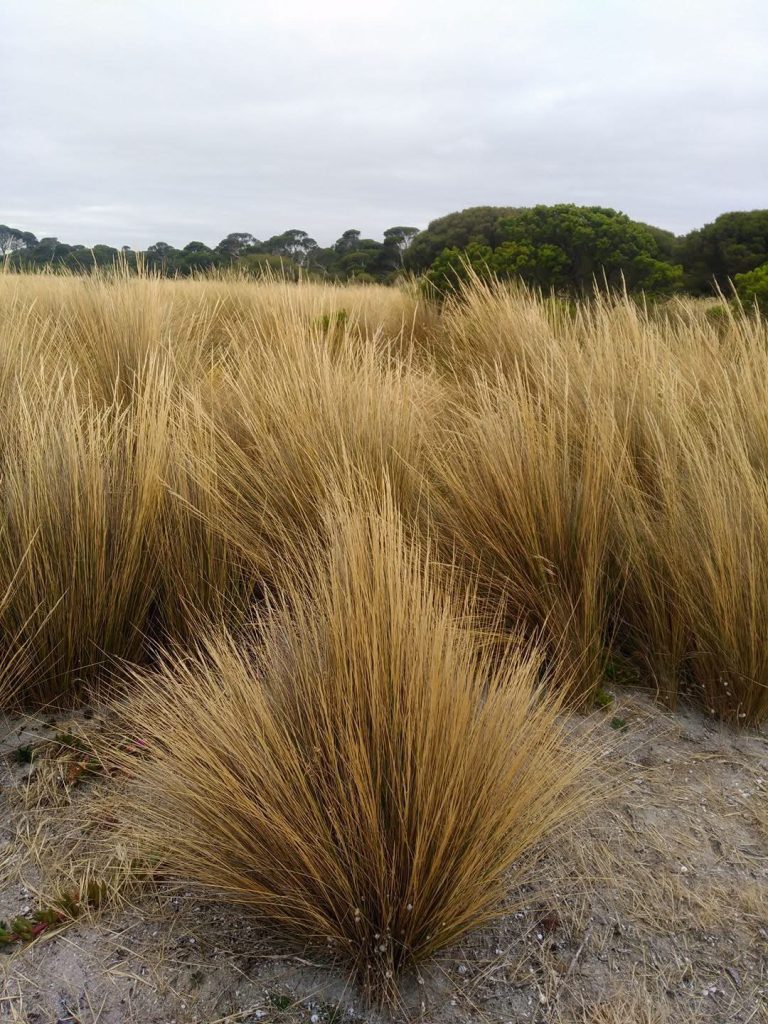
Martu Karu everyone,
It is with deep respect and gratitude that I stand here at Tangalun, on Meintangk country and the gratitude is owed to my ancestors, the Meintangk wulnuwitj, the traditional custodians and caretakers of this place since the yaluwing. Today, I want to talk about the recovery of something that is central to our identity, our well-being, and our deep connection to this land — our language, our plants, and our country.
Our language is more than just words; it is a bond to our ancestors, a vessel that carries the stories, knowledge, and teachings passed down over thousands of years. Our language helps us understand how we lived with the land, how we understood the cycles of nature, and how we honoured all living beings, from the smallest insect to the tallest tree. Each word, each phrase in our language holds a deep connection to the plants, animals, and the land itself.
In our language, the names of plants and animals are not just labels. They tell us how to use them, how to care for them, and how-to live-in harmony with them. Our native medicine plants, edible plants, trees, shrubs and grasses—are not just a resource; they are part of us. They are our ancestors, our healers, our food, our shelter, our tools, and our teachers. Through these plants, we can reconnect with the wisdom of the land that has sustained us for millennia.
The colonisation of this country brought with it not only the disruption of our communities but the loss of much of this knowledge. Language was silenced, and our connection to the plants that once nourished and healed us was broken. For too long, the story of this land was told in a way that disregarded our knowledge and the deep connection we have to country. The plants that once grew freely, the language that once flowed through our people, and the stories that connected us to the land all suffered under the weight of colonisation.
Now, as we begin the journey of recovery, we are healing not only ourselves but also the land that has suffered alongside us. We have planted this area with our native plants—medicinal plants, edible plants, trees, shrubs, grasses, and ground covers—as part of our effort to restore this land to the way it was before colonisation. This is not just about planting a garden; it is about replanting the seeds of our culture, our history, and our connection to the land.
As we nurture these plants, we are also nurturing our language. We are teaching our children the names of the plants in our language, the uses of the plants in our language, and the stories of the plants in our language. We are reviving our language through the very plants that sustained our ancestors. We are reviving our knowledge of the land, of the seasons, of the weather, and of the animals that we have lived with since the yaluwing.
This garden we are planting is more than just a collection of plants. It is a place of healing, a place of learning, and a place of reconnection. It is a place where community can come together. It is a place where we can honour the knowledge of our ancestors and pass it on to the next generation, so that they too can carry this knowledge forward.
Through the recovery of our language and our plant knowledge, we are honouring the deep connection we have to this country—our country. It is our home, our source of life, and our responsibility. By caring for the land, we are caring for ourselves. By reviving our language, we are reviving our cultural obligations.
Hopefully this project will be the beginning of something sustainable and long lasting—a peaceful reminder of the importance of our recovery as First Nations peoples and caring for country.
Kalayi Du, thank you.
